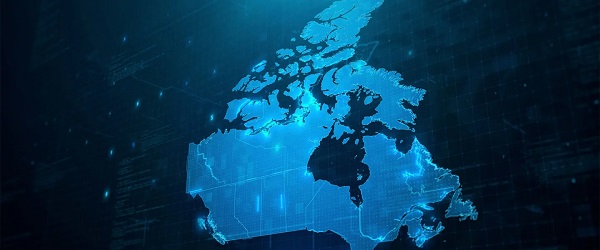This article supplied by Troy Media.
 By Sylvain Charlebois
By Sylvain Charlebois
The supply management system is cracking. With imports climbing, strict quotas in place and Bill C202 on the table, we’re struggling to feed ourselves
Canada’s supply management system, once seen as a pillar of food security and agricultural self-sufficiency, is failing at its most basic function:
ensuring a reliable domestic supply.
According to the Canadian Association of Regulated Importers, Canada imported more than 66.9 million kilograms of chicken as of June 14, a 54.6 per cent increase from the same period last year. That’s enough to feed 3.4 million Canadians for a full year based on average poultry consumption—roughly 446 million meals. Under a tightly managed quota system, those meals were supposed to be produced domestically. Instead imports now account for more than 12 per cent of this year’s domestic chicken production, revealing a growing dependence on foreign supply.
Supply management is Canada’s system for regulating dairy, poultry and egg production. It uses quotas and fixed prices to match domestic supply with demand while limiting imports, intended to protect farmers from global price swings and ensure stable supply.
To be fair, the avian influenza outbreak has disrupted poultry production and partially explains the shortfall. But even with that disruption, the numbers are staggering. Imports under trade quotas set by the World Trade Organization, the Canada-United States Mexico Agreement and the Comprehensive and Progressive Agreement for Trans-Pacific Partnership are running at or near their allowable monthly share—known as pro-rata
levels—signalling not just opportunity, but urgency. Supplementary import permits, meant to be used only in emergencies, have already surpassed 48 million kilograms, exceeding total annual import volumes in some previous years. This isn’t a seasonal hiccup. It’s a systemic failure.
The system, designed to buffer domestic markets from global volatility, is cracking under internal strain. When emergency imports become routine, we have to ask: what exactly is being managed?
Canada’s most recent regulated chicken production cycle, which ended May 31, saw one of the worst shortfalls in over 50 years. Strict quota limits stopped farmers from producing more to meet demand, leaving consumers with higher grocery bills and more imported food, shaking public confidence in the system.
Some defenders insist this is an isolated event. It’s not. For the second straight week, Canada has hit pro-rata import levels across all chicken categories. Bone-in and processed poultry, once minor players in emergency import programs, are now essential just to keep shelves stocked.
And the dysfunction doesn’t stop at chicken. Egg imports under the shortage allocation program have already topped 14 million dozen, a 104 per cent jump from last year. Not long ago, Canadians were mocking high U.S. egg prices. Now theirs have fallen. Ours haven’t.
All this in a country with $30 billion in quota value, supposedly designed to protect domestic production and reduce reliance on imports. Instead, we’re importing more and paying more.
Rather than addressing these failures, Ottawa is looking to entrench them. Bill C202, now before the Senate, seeks to shield supply management from future trade talks, making reform even harder. So we must ask: is this really what we’re protecting?
Meanwhile, our trading partners are taking full advantage. Chile, for instance, has increased chicken exports to Canada by more than 63 per cent, now accounting for nearly 96 per cent of CPTPP-origin imports. While Canada doubles down on protectionism, others are gaining long-term footholds in our market.
It’s time to face the facts. Supply management no longer guarantees supply. When a system meant to ensure resilience becomes a source of fragility, it’s no longer an asset—it’s an economic liability.
Dr. Sylvain Charlebois is a Canadian professor and researcher in food distribution and policy. He is senior director of the Agri-Food Analytics Lab at Dalhousie University and co-host of The Food Professor Podcast. He is frequently cited in the media for his insights on food prices, agricultural trends, and the global food supply chain.
Troy Media empowers Canadian community news outlets by providing independent, insightful analysis and commentary. Our mission is to support local media in helping Canadians stay informed and engaged by delivering reliable content that strengthens community connections and deepens understanding across the country.
Related




















